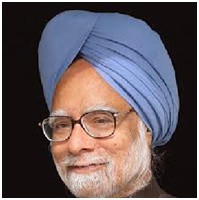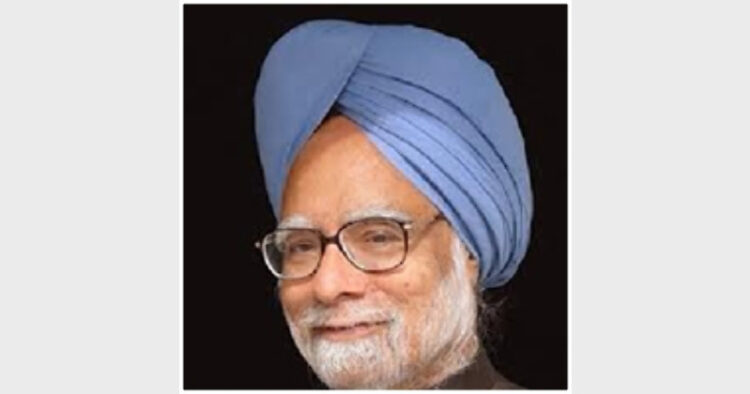P Chawla
?
UPA economic mismanagement hits the country hard?
 IF onion is selling at Rs 35 a kg, you blame the weather God and the crop failure; if you want to increase the diesel or petrol prices you blame the global factors; if the rate of economic growth has slumped you again blame the international scenario.
IF onion is selling at Rs 35 a kg, you blame the weather God and the crop failure; if you want to increase the diesel or petrol prices you blame the global factors; if the rate of economic growth has slumped you again blame the international scenario.
In a way, all the ills afflicting the Indian economy are the doings of others. The government has nothing to do with it. That is the explanation from the government from top to bottom. In the meantime, they keep patting their own back with a common refrain , ‘we are still among the fastest economies of the world’.
But this time around, the International Monetary Fund (IMF) called their bluff asking them to look inside for their problems instead of blaming it on the global factors. In its latest country report on India, it made known to the rest of the world how corruption scandals are hitting at the credibility of governance.
It found reasons for delayed project approvals and implementation in the “ reaction to recent high-profile governance scandals. “ In the process, “project approvals, clearances, and implementation have slowed sharply”.
The government wants the common-man, who is made to pay Rs 35 for a kilo of onion, to buy some global economic theory or the other , when the trouble lies at its door step.
At last, it is official now. The much-touted economic growth is projected to decline to just about five per cent in 2012-13 against 6.2 per cent, which again was quite a drop from the previous years. At this rate, it is but natural to ask whether we are reverting back to so-called Hindu rate of growth, although one does not know as to why the Hindus were tied with the low growth phenomenon. Or is it for everything else, the Hindus must be at the receiving end!
As per the advance estimates, the GDP growth at factor cost at constant (2004-05) prices in the year 2012-13 is likely to be 5.0 per cent as compared to the growth rate of 6.2 per cent in 2011-12.
The worse part of the story is that even the services sector which was keeping the economy alive and kicking is also slowing down. The worst sufferers are the industry and the agriculture, both are going to end up below two per cent.
The estimated growth in GDP for the trade, hotels, transport and communication sectors during 2012-13 is placed at 5.2 per cent as against growth of 7.0 per cent in the previous year.
According to official explanation, the slowdown in services is “ mainly on account of decline of 3.4 per cent and 4.8 per cent respectively in passengers and cargo handled in civil aviation and decline of 3.1 per cent in cargo handled at major sea ports during April-November, 2012-13.”.
The sales of commercial vehicles witnessed an increase of just about 0.74 per cent in April-December 2012.
So, broadly there is a problem all over… sector after and sub-sector after sub-sector has suffered setbacks. But if you ask it to any of the key economic ministers or even the Prime Minister, the stock reply would be: global factors.
See, how the International Monetary Fund (IMF) has destroyed this explanation of the Indian government. “GDP growth has slowed more than external factors can explain,” the IMF, said. Mind you, the IMF report was prepared after consultation with Indian authorities.
As per the IMF estimates India’s GDP grew only 4.5 per cent in 2012, against 7.9 per cent in 2011 “GDP growth has slowed more than external factors can explain. Falling infrastructure and corporate investment led the slowdown, though exports and private consumption are now also suffering . Global factors have hurt exports and weighed on investment, but India’s growth has slowed by more than the decline in trading partners’ growth would imply….” the report noted.
Thanks to shaken up investor confidence, the IMF has also lowered the potential for GDP growth to 6 – 7 per cent from 7.5-8 per cent earlier.
Rightly so, the multilateral agency did not spare the government for its faulty policies which vitiated the overall economic environment after the last Budget. It came down heavy on the controversial tax decisions like the General Anti Avoidance Rules and Retrospective tax laws just to pin down Vodafone.
“In particular, high-profile tax policy decisions announced in the 2012/13 Budget have reduced foreign investors’ interest in India, while the increasing difficulty of obtaining land use and environmental permits have raised regulatory uncertainty for infrastructure and other large-scale projects,” it said.
?














Comments